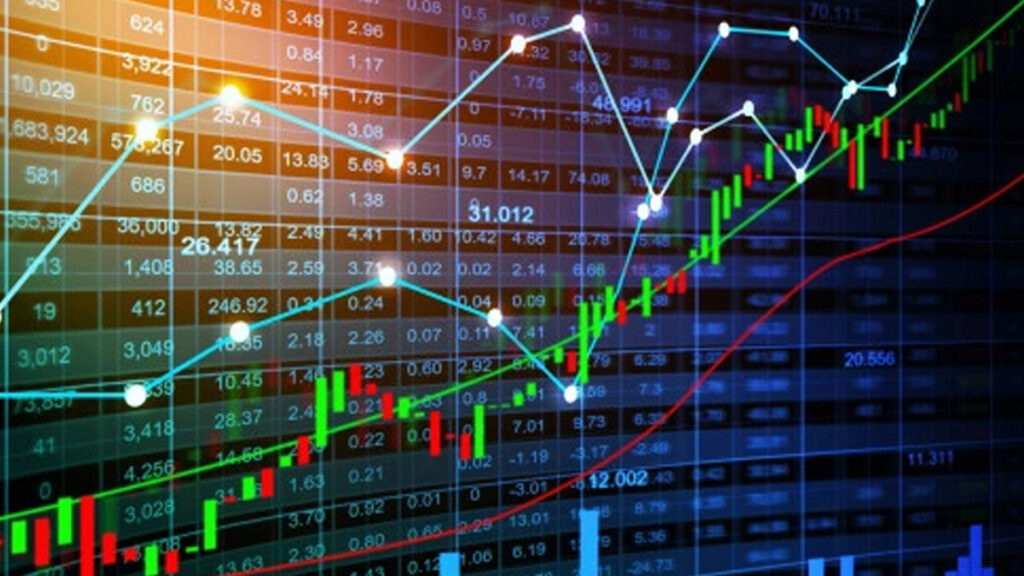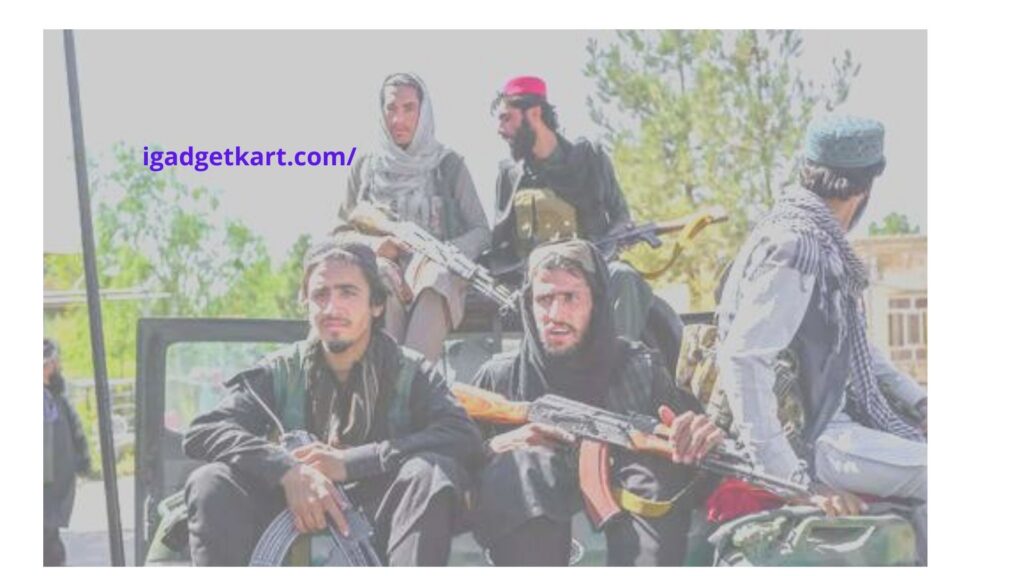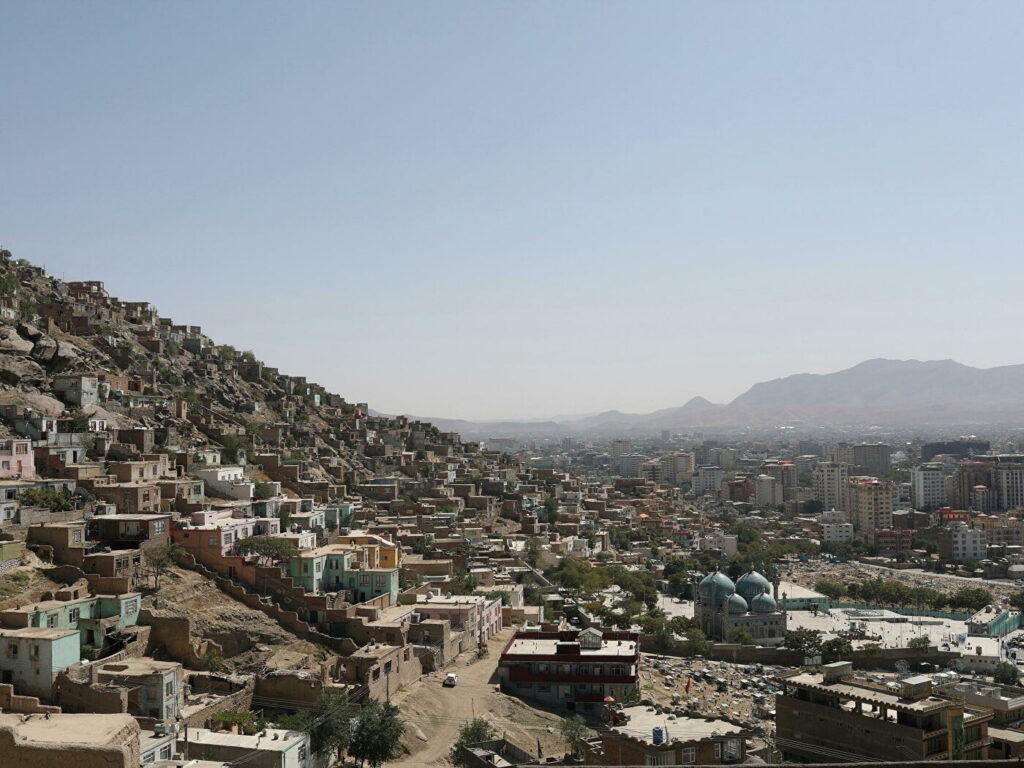Guinean Special Forces seized power during a coup on Sunday, arresting the president and imposing an indefinite curfew within the poor west African country .
“We have decided, after having taken the president, to dissolve the constitution,” said a uniformed officer flanked by soldiers toting assault rifles during a video sent to AFP.
The officer also said that Guinea’s land and air borders had been shut and therefore the government dissolved.
An earlier video sent to AFP by the putschists showed President Alpha Conde sitting on a settee surrounded by troops. The 83-year-old leader refused to answer an issue from one soldier about whether he had been mistreated.
Later Sunday the junta announced a nationwide curfew “until further notice”, saying it might convene Conde’s cabinet ministers at 11:00 am (1100 GMT) Monday.
“Any refusal to attend are going to be considered a rebellion,” the statement added.
The country’s governors and other top administrators are going to be replaced by the military, the statement said.
For their appearance on state television, members of the junta were wearing berets and wearing fatiques, with no weapons apparent.
The nation of some 13 million people — one among the world’s poorest countries despite boasting significant natural resource — has long been beset by political instability.
Earlier Sunday, residents of the capital Conakry’s Kaloum district, the govt quarter, had reported hearing heavy gunfire.
One Western diplomat in Conakry who declined to be named suggested the unrest may have started after the dismissal of a senior commander within the Special Forces — provoking a number of its highly trained members to rebel.
AFP was unable to independently confirm this account.
The head of Guinea’s military Special Forces , Lieutenant-Colonel Mamady Doumbouya, appeared on public television, draped within the ensign , saying government “mismanagement” prompted the coup.
“We are not any longer getting to entrust politics to at least one man, we are getting to entrust politics to the people,” Doumbouya said.
“Guinea is gorgeous . we do not got to rape Guinea anymore, we just got to roll in the hay to her,” he added.
International condemnation
UN Secretary General Antonio Guterres condemned the coup during a tweet and involved Conde’s immediate release.
The chairman of the African Union, DR Congo President Felix Tshisekedi, and therefore the head of its executive body, former Chadian prime minister Moussa Faki Mahamat, also condemned it, calling for Conde’s immediate release.
The Economic Community of West African States (ECOWAS), through its acting president, Ghana’s leader Nana Akufo-Addo, threatened sanctions if Guinea’s constitutional order wasn’t restored.
And EU policy chief Josep Borrell demanded “respect for the state of law, the interests of peace and therefore the well-being of the Guinean people”.
A French foreign ministry statement also condemned the coup.
The putsch follows an extended period of political tension in Guinea, first spurred by Conde’s highly contested bid for a 3rd presidency last year.
The day before the presidential election last year, the military blocked access to Kaloum after an alleged military rebellion east of the capital.
The coup plotters have announced a national committee for assembly and development and say the constitution are going to be rewritten.
Doumbouya also told French media “we are holding all of Conakry,” which he had the support of all the defence and security forces.
News of the coup sparked celebrations in some parts of the capital, where many people applauded the soldiers.
“We are pleased with the Special Forces ,” said one demonstrator who requested anonymity. “Death to the torturers and to the murderers of our youth”.
Violent elections
The most recent presidential poll in Guinea, in October 2020, was marred by violence and accusations of electoral fraud.
Conde won a controversial third term, but only after pushing through a replacement constitution in March 2020 allowing him to sidestep the country’s two-term limit.
Dozens of individuals were killed during demonstrations against a 3rd term for Conde, often in clashes with security forces. Hundreds more were arrested.
Conde was proclaimed president on November 7 last year — despite his main challenger Cellou Dalein Diallo and other opposition figures denouncing the election as a sham.
The government cracked down, arresting several prominent opposition members for his or her alleged role in abetting electoral violence within the country.
Conde, a former opposition leader himself who was at one point imprisoned and sentenced to death, became Guinea’s first democratically elected leader in 2010, winning re-election in 2015.
He survived an assassination attempt in 2011. In recent years however, he has been accused of drifting into authoritarianism.




